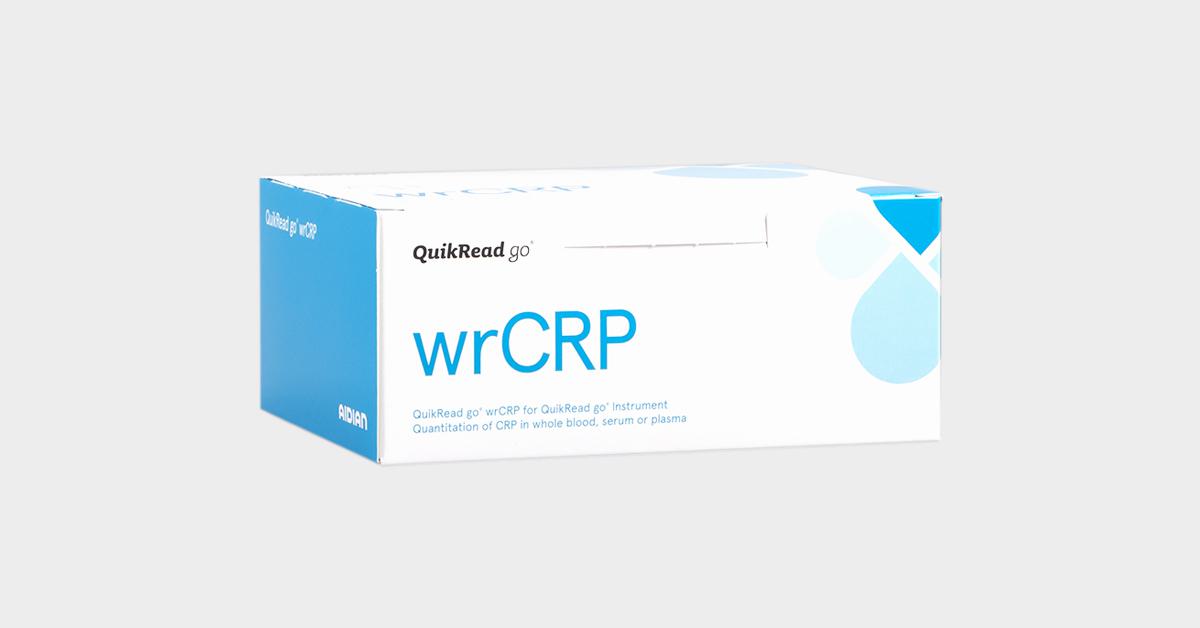High sensitive CRP - a better marker than cholesterol for prediction of future cardiovascular events in patients receiving statins
High LDL cholesterol level has been linked to increased risk of cardiovascular disease for a long time. Statin therapy which diminishes serum LDL cholesterol and triglyceride levels, has been successfully used to decrease cardiovascular risk. However, low grade inflammation also plays an important role in the development of cardiovascular diseases: high sensitive C-reactive protein (CRP) has been recognized already a while ago as a marker and predictor of future cardiovascular events in healthy men and women.
Patients who have statin therapy may still experience cardiovascular events. It has been unclear whether these patients with residual risk should be managed with additional lipid-lowering treatment or instead using an anti-inflammatory therapy.
A recent meta-analysis published in Lancet analyzed the data from three large clinical trials including more than 30 000 patients. The study showed that the high sensitive CRP predicts risk for major adverse cardiovascular events, cardiovascular death, and all-cause mortality better than LDL cholesterol. Residual risk is more strongly associated with inflammation than cholesterol. The authors concluded that in patients already receiving statin therapy, high sensitivity CRP is stronger marker for the prediction of future cardiovascular events and death compared to cholesterol.
Aidian's QuikRead go wrCRP has a wide measuring range that covers high sensitive CRP values. QuikRead go wrCRP is a reliable and accurate tool to easily detect low level inflammation and aid in the assessment of cardiovascular risk.

Read more about QuikRead go wrCRP test.
Reference
- Ridker P et al. Inflammation and cholesterol as predictors of cardiovascular events among patients receiving statin therapy: a collaborative analysis of three randomised trials. Lancet 2023; 401:1293-1301. https://doi.org/10.1016/S0140-6736(23)00215-5


